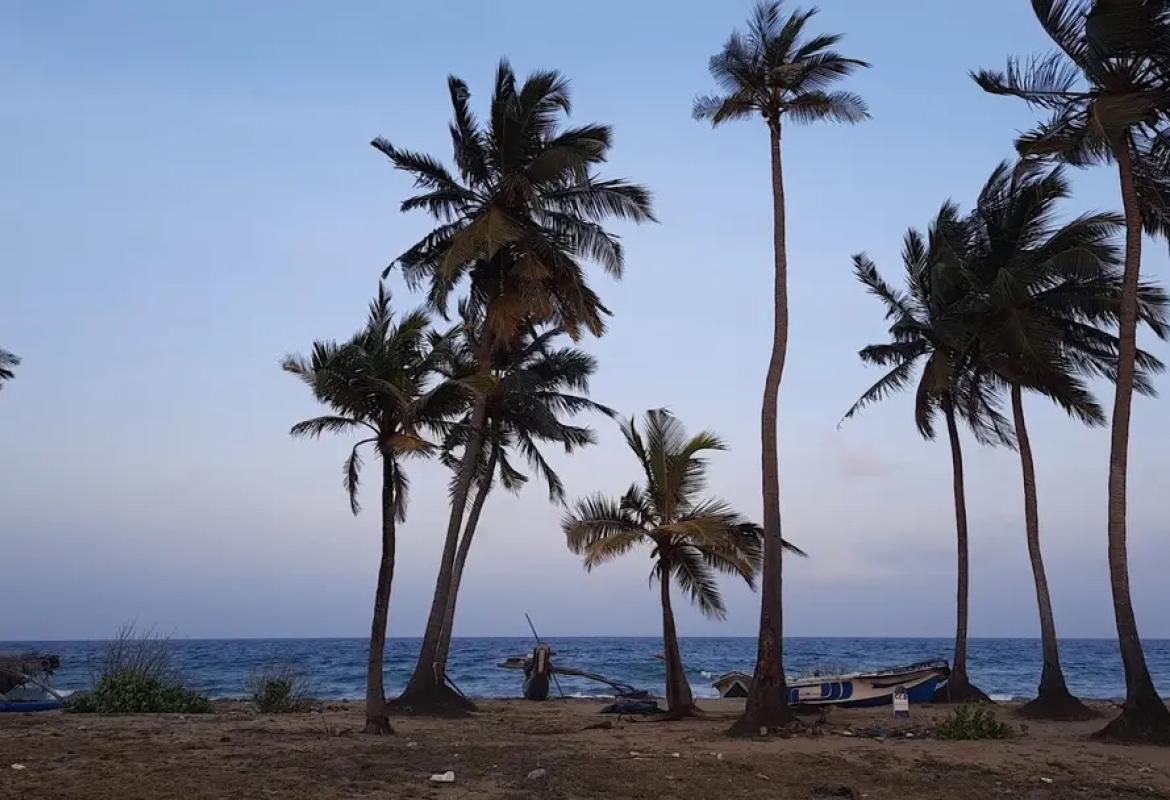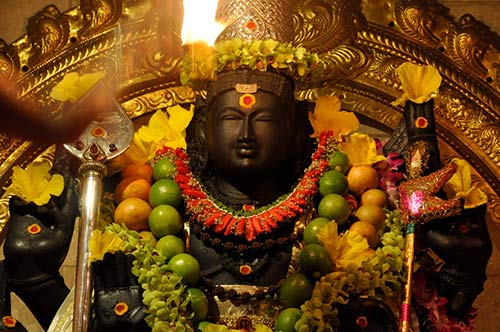IMF: Sri Lanka’s exports/GDP falling ‘for years’
"[Sri Lanka’s] export earnings, as a percentage of GDP, have been falling for years. So the first thing for Sri Lanka is to boost its exports to where it was 10 years ago.”
- IMF Asia Pacific Director Anoop Singh. (See The Island’s report here.)
Interestingly, ten years ago Sri Lanka was gripped by high-intensity armed conflict.
And, as the IMF’s chart (click more below) shows, Sri Lanka’s export/GDP ratio today is the same as in 1987 - when the JVP’s second insurgency erupted, and the IPKF intervention began.
While Sri Lanka’s Central Bank says export earnings would grow strongly in 2011, the National Chamber of Exporters recently said it would not be able to deliver half of the Central Bank’s expectations.
The exporters blame growing energy costs (for their production) and the strengthening rupee (making their products expensive in the global market).
See ‘Why Sri Lanka’s exporters are gloomy’
Meanwhile, what exactly does the IMF want Sri Lanka to do? Diversify export destinations (to Asia from US and EU), and export products (from garments and tea to more sophisticated ones).





